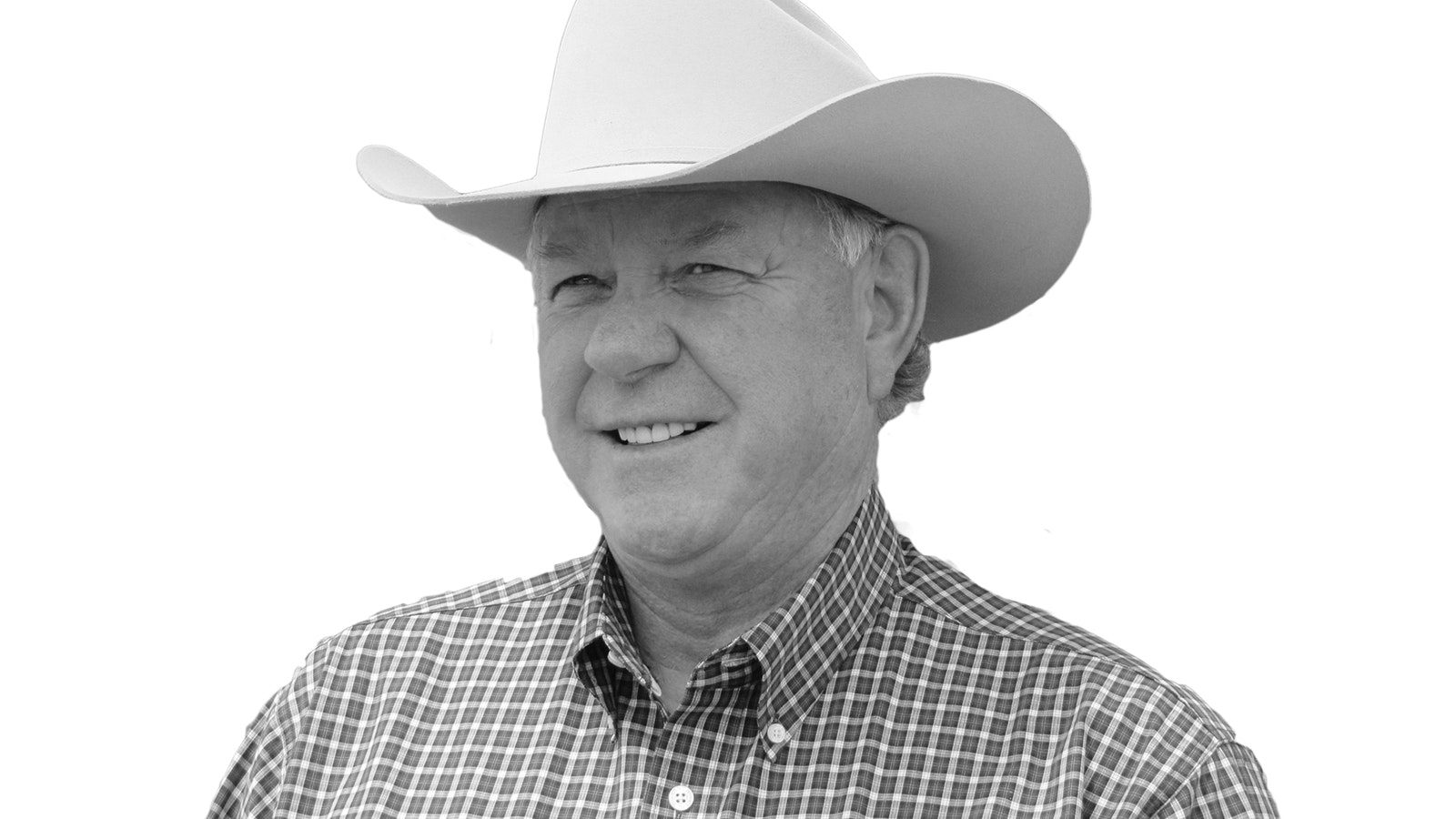The title of this week’s column is from Derrell Peel, professor of agricultural economics and Extension specialist of livestock marketing at Oklahoma State University. He is a well-known authority on beef cattle and writes articles for numerous publications. I think his word on cattle is the best out there.
Recently, Peel wrote an article in Drovers magazine titled “Two Scenarios for Beef Herd Expansion: Slow and Even Slower.” He was referring to the future of the beef herd expanding with heifer retention in the next few years.
Most cattlemen expected the expansion to start later this year, and so far, it hasn’t even started.
Peel notes beef cow herd numbers coming into 2024 were at a 64-year low, the smallest beef cow herd since 1961. Peel’s figures show the beef cow herd continues to liquidate by another 0.5 to one percent in 2024.
So, one can tell there is no basis for an expansion this year and potentially not much in 2025. Some have extended the cattle cycle for a year because of the current low numbers and the low numbers of heifer retention.
It is unlikely there will be much of an increase in heifer retention in 2025, but it could start to move up in 2026.
As many in the beef business know, there are several reasons beef prices either increase or decrease.
On Aug. 16, Vice President Kamala Harris proposed several economic measures aimed at addressing key voter concerns such as housing and grocery costs. She was out campaigning for president and this was her first time talking about the economy. Her talk was what one would expect in Russia or Cuba – very socialistic.
Harris wants to have new price control on food and is focusing on meat, especially beef. Her talk set off alarms in the cattle and beef business – futures dropped suddenly and live cattle prices dropped as well.
Most items in the grocery store start off as a commodity. The price of commodities are based on supply and demand. Currently with beef we are in a situation of low supply and high demand, which causes high prices.
Harris thinks high prices cause inflation, but in reality, inflation causes high prices. The government can’t keep printing money and handing it out for votes to get elected, as the national debt gets larger by the minute.
Controlling food prices will never work in a capitalistic country, and it doesn’t work in a socialistic country. Instead of using meat – especially beef – as a scapegoat, this administration needs to look at its own spending and policies as the root cause.
A lot of us remember President Jimmy Carter when he was facing high debt. He introduced a program of voluntary wage and price controls in 1978.
In response to the energy crisis and rising oil prices, he gradually deregulated oil prices starting in 1979, while also proposing a windfall profits tax to address public concerns about oil company profits. Despite these efforts, inflation remained a significant issue for the rest of his term, and he ended up as a one-term president.
The Democrats have ousted President Joe Biden, as they know he can’t win the upcoming election, and now Harris has promised to control food prices. It just won’t work.
Dennis Sun is the publisher of the Wyoming Livestock Roundup, a weekly agricultural newspaper available online and in print. To subscribe, visit wylr.net or call 800-967-1647.





